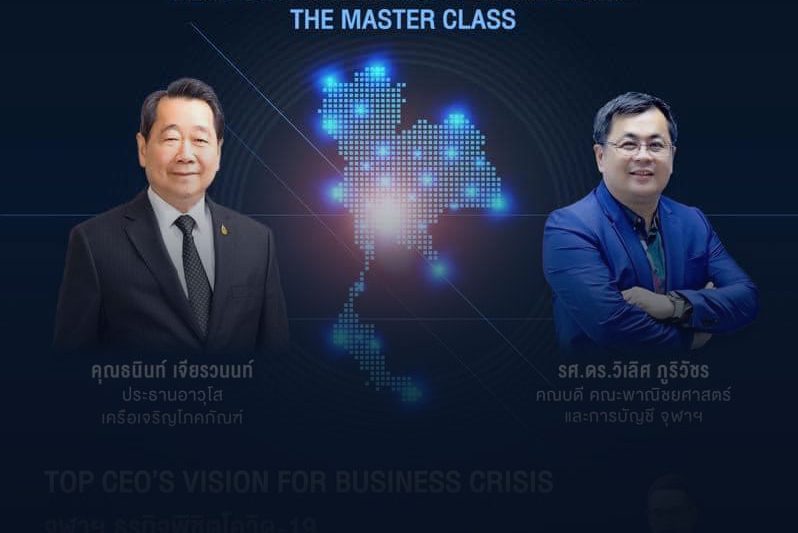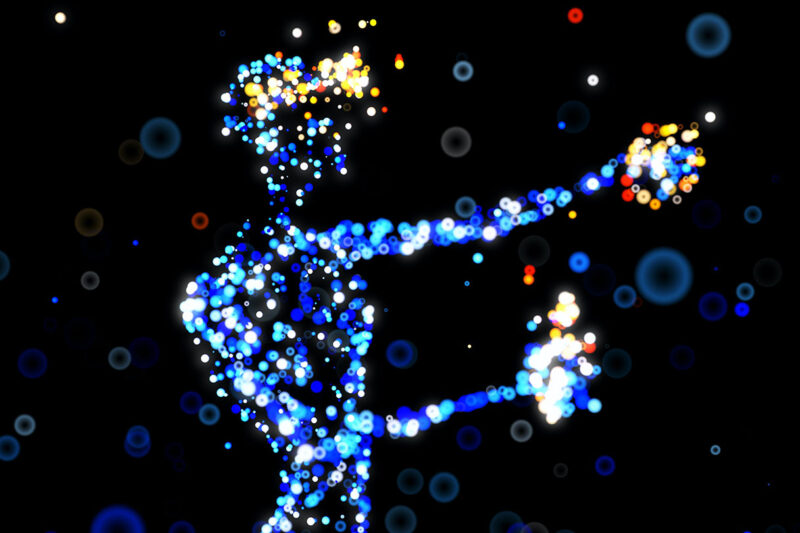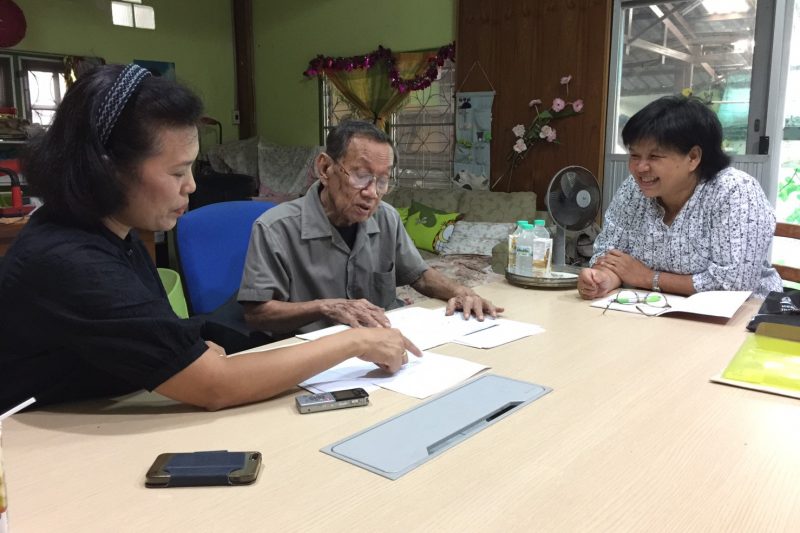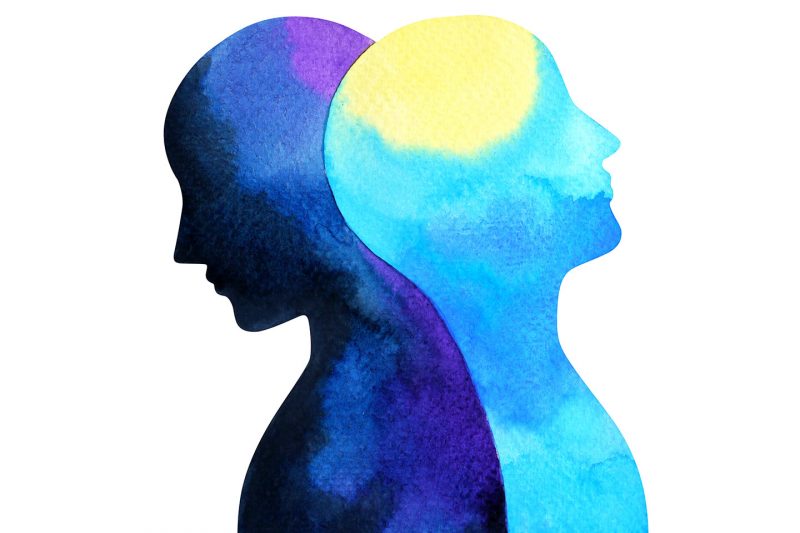Today’s students need to broaden their horizons and adopt universal values, says a distinguished educator
On a Friday in August 2018, Greta Thunberg, a 15-year-old Swedish schoolgirl, did not go to school as usual. Instead she headed to the Swedish parliament and sat near the entrance holding a sign that read “School Strike for the Climate”.
And so a movement was born. It has since attracted millions of mostly young people across the globe in protests calling on adults worldwide to take serious action against climate change.
The phenomenon shows that social movements in today’s world are no longer limited by national sovereignty, age, gender or education, says Assistant Professor Athapol Anunthavorasakul, director of the Center for Educational Research and Development for Sustainable Development at Chulalongkorn University.
Young people nowadays see the world as a village, and problems, wherever they may occur, are interconnected. In other words, social concerns are universal.
“While citizens of a country are obligated to follow the laws of that country, being citizens of the world means having a shared consciousness,” says Mr Athapol, also a lecturer in the university’s Faculty of Education.
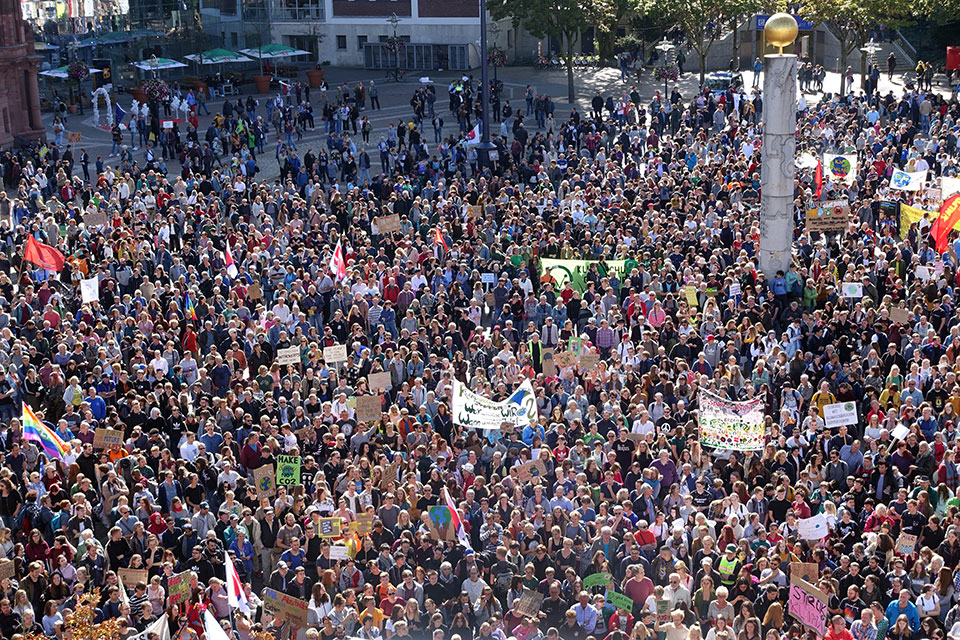
Having a shared consciousness, he explains, means feeling concerned for other individuals and the world and being aware of universal values such as human rights and environmental protection.
He acknowledges that there will always be prejudice and discrimination, but says such negative attitudes are not conducive to promoting world citizenship in the 21st Century.
“Education should encourage concern for the world as well as for fellow citizens of the world. Education is a tool to foster a spirit of compassion in young people for other people and societies,” he says.
In Mr Athapol’s view, today’s Chulalongkorn scholars should not just be proficient in their own fields but should be thought leaders in non-discriminatory practices and understanding about diversity in Thai society.
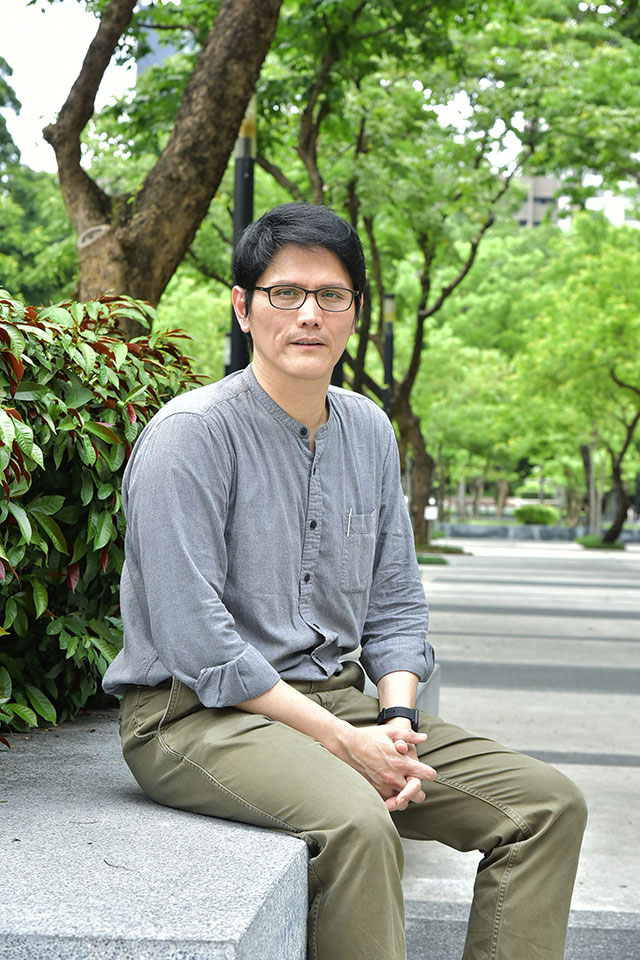
Chulalongkorn University has promoted those values, for example, by allowing students full self-expression, including choice of dress according to sexual identity at the royal degree-awarding ceremony, he notes.
“To cultivate consciousness as world citizens, Chulalongkorn students must resort to learning through dialogue and debate that connects classroom knowledge to global events,” says the educator.
“Learning through various extracurricular activities will also help one to gain experience in working alongside others. This is the kind of learning environment that should be encouraged.”
Educating students to be become world citizens does not require them to memorize world history or have in-depth knowledge of global events. But it does mean teaching them how to recognize differences among people, express empathy toward fellow human beings, and take actions that they believe will benefit the global community.
“Chulalongkorn University is in an advantageous position because we have a diverse student body,” says Mr Athapol. “Our students come from all over the country and many parts of the world. Such diversity opens up opportunities for students to learn different cultures from one another.”
In this way, students of different backgrounds are able to learn together how to share and care for one another and not leave anybody behind, he adds.
“That’s how we can cultivate the seeds of world citizenship in new generations of students. If we do it right, one day we may see young Thai people step up and lead a global social movement as Greta Thunberg has done,” he concludes.
This article was originally published in CU Around July 2019, Vol.62, Issue 7, Page 4, available at https://www.chula.ac.th/magazine/20855/
Related SDGs
Others

